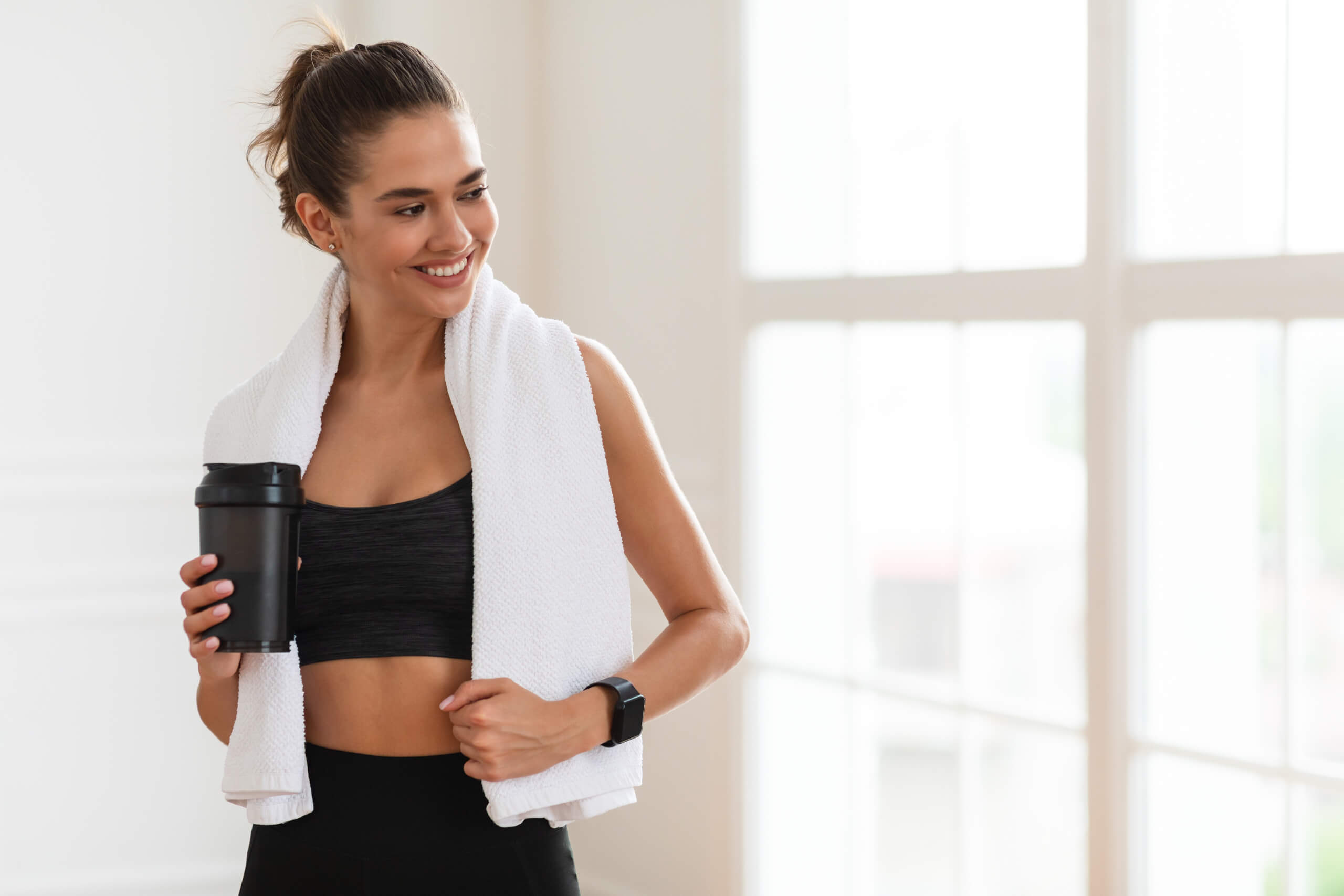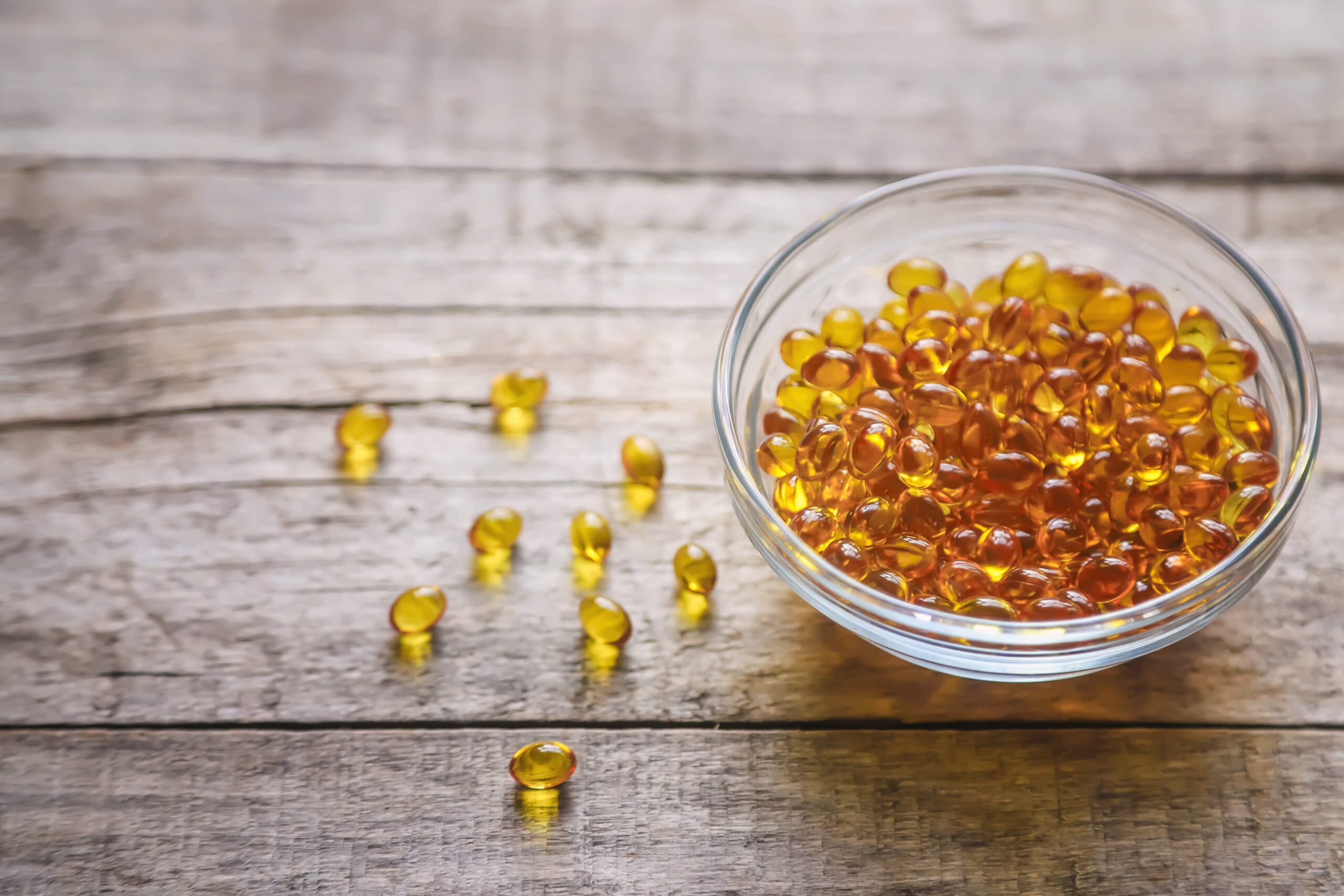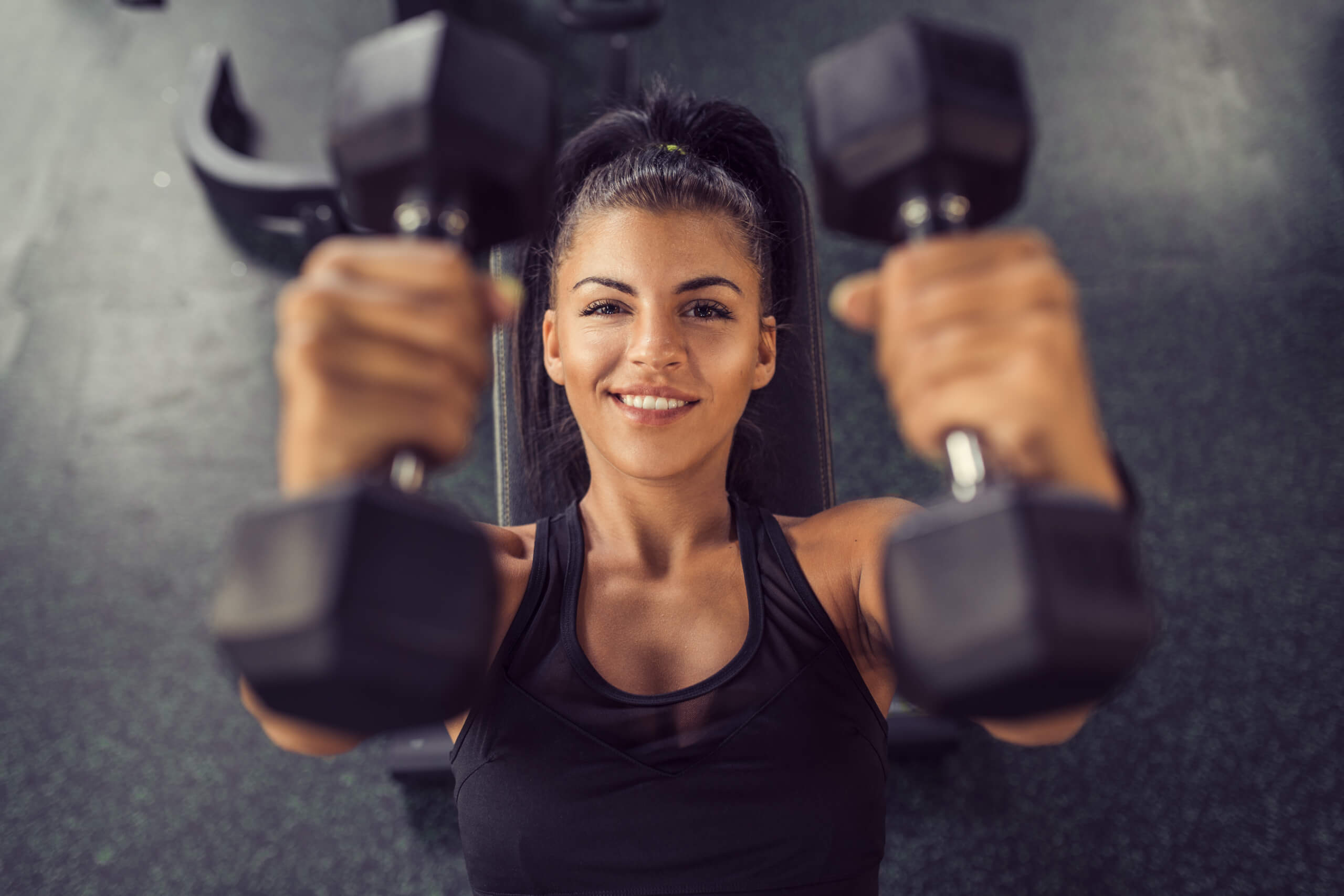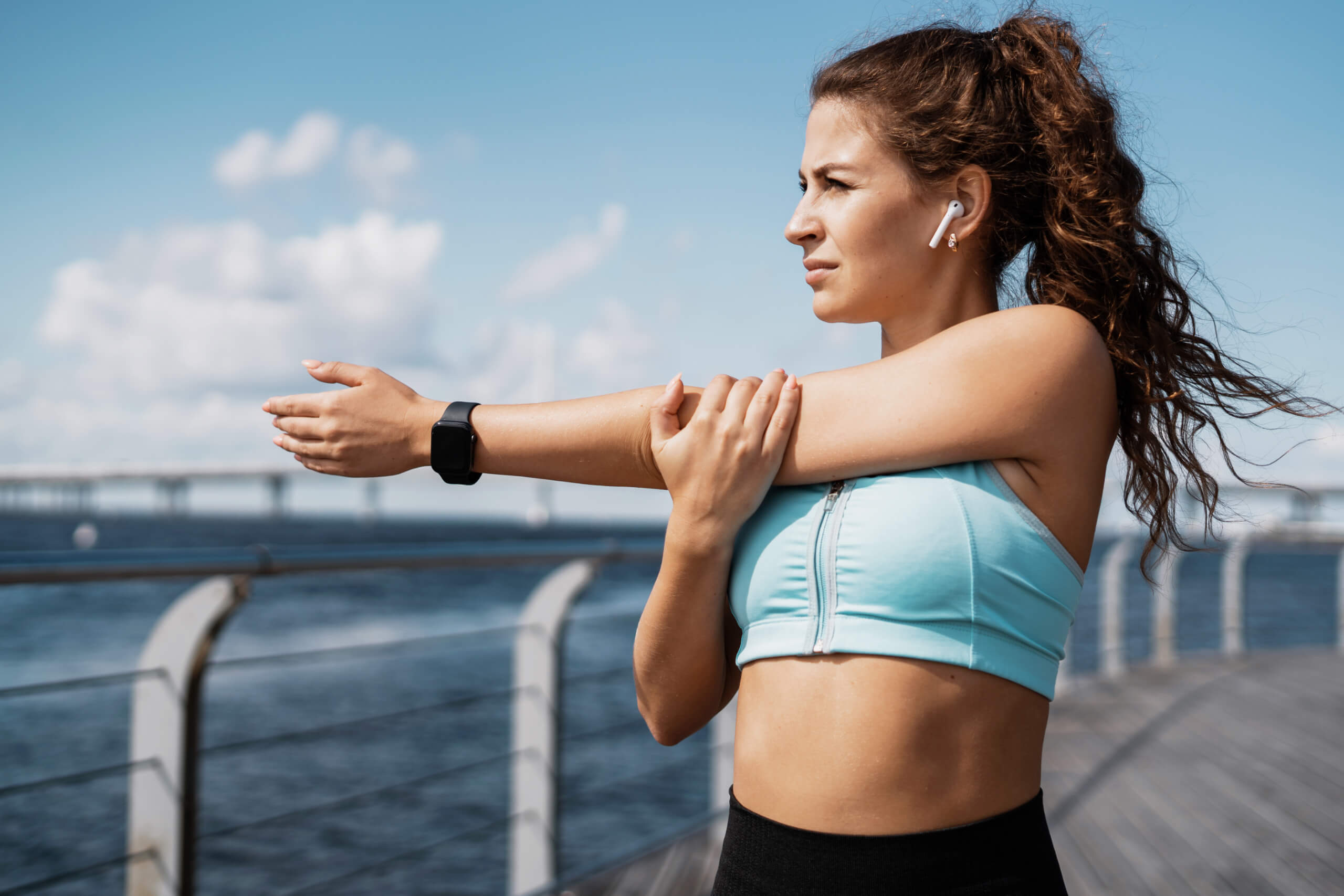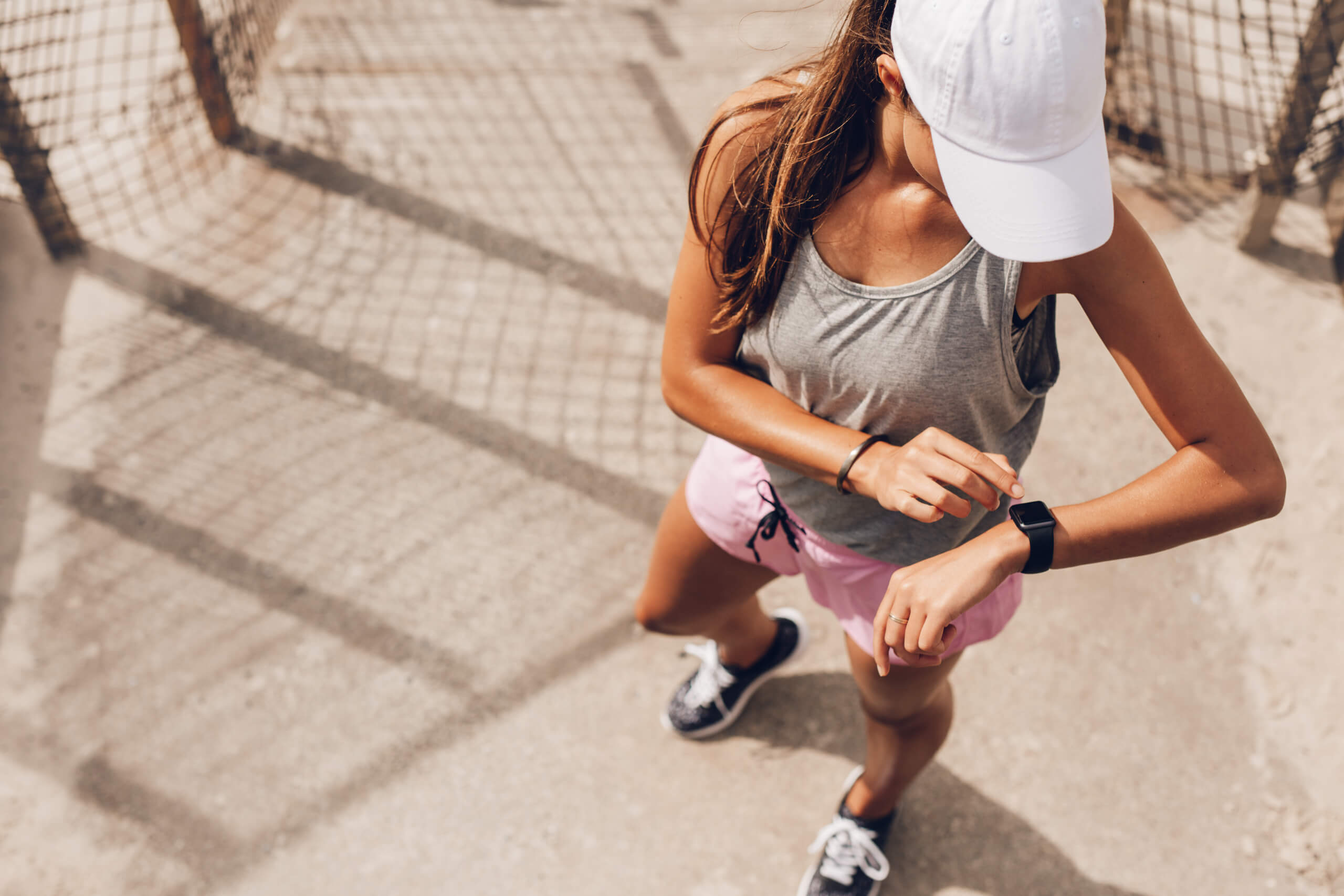Introduction
PMS (Premenstrual Syndrome) is a term that encompasses a variety of physical and emotional symptoms that many women experience in the days leading up to their menstrual period. These symptoms can range from mild to severe, affecting daily life and well-being. While there are medical treatments available, many women prefer natural remedies to avoid potential side effects. This guide will explore natural ways to alleviate PMS symptoms, helping you find relief through lifestyle changes, dietary adjustments, and holistic practices.
Dietary Adjustments
Importance of a Balanced Diet
A balanced diet is crucial for overall health and can significantly impact PMS symptoms. Eating the right foods can help regulate hormones and reduce discomfort.
Foods to Include
- Leafy Greens: Rich in magnesium, which can help reduce bloating.
- Whole Grains: Provide sustained energy and stabilize blood sugar levels.
- Fatty Fish: High in omega-3 fatty acids, which can reduce inflammation.
Foods to Avoid
- Processed Foods: Often high in salt and sugar, which can exacerbate bloating and mood swings.
- Caffeine: Can increase anxiety and disrupt sleep patterns.
- Alcohol: May worsen mood swings and dehydration.
Herbal Remedies
Benefits of Herbal Supplements
Herbal remedies have been used for centuries to treat various ailments, including PMS. They can be a natural and effective way to manage symptoms.
Popular Herbs for PMS Relief
Vitex (Chasteberry)
Known for its hormone-balancing properties, Vitex can help reduce symptoms such as irritability and breast tenderness.
Evening Primrose Oil
Rich in gamma-linolenic acid (GLA), this oil can help reduce inflammation and alleviate breast pain.
Ginger
Ginger has anti-inflammatory and pain-relieving properties, making it useful for reducing menstrual cramps.
Exercise and Physical Activity
Role of Exercise in Reducing PMS Symptoms
Regular exercise can improve mood, reduce fatigue, and alleviate cramps by promoting the release of endorphins, the body’s natural painkillers.
Recommended Types of Exercise
- Cardio: Activities like walking, running, and swimming.
- Strength Training: Helps in maintaining muscle mass and reducing bloating.
- Flexibility Exercises: Yoga and stretching can relieve muscle tension.
Exercise Routine Tips
Aim for at least 30 minutes of moderate exercise most days of the week. Incorporate a mix of cardio, strength training, and flexibility exercises for the best results.
Stress Management
Impact of Stress on PMS
Stress can worsen PMS symptoms by affecting hormonal balance and increasing inflammation.
Effective Stress Reduction Techniques
Mindfulness Meditation
Practicing mindfulness can help reduce stress and improve mood. It involves focusing on the present moment and accepting it without judgment.
Yoga
Yoga combines physical postures with breathing exercises and meditation, making it an excellent practice for reducing stress and relieving PMS symptoms.
Breathing Exercises
Deep breathing exercises can help calm the nervous system and reduce stress levels. Try practicing diaphragmatic breathing or alternate nostril breathing.
Adequate Sleep
Importance of Sleep for Hormonal Balance
Getting enough sleep is essential for maintaining hormonal balance and reducing PMS symptoms. Poor sleep can lead to increased stress and mood swings.
Tips for Better Sleep
- Maintain a Regular Sleep Schedule: Go to bed and wake up at the same time every day.
- Create a Relaxing Bedtime Routine: Incorporate calming activities like reading or taking a warm bath.
- Limit Screen Time: Avoid screens for at least an hour before bed to reduce blue light exposure.
Hydration
How Staying Hydrated Helps
Proper hydration can reduce bloating and prevent fatigue. Drinking enough water supports overall health and helps manage PMS symptoms.
Recommended Daily Water Intake
Aim to drink at least 8 cups (64 ounces) of water per day. You may need more if you are active or live in a hot climate.
Vitamins and Minerals
Essential Nutrients for PMS Relief
Vitamin B6
Vitamin B6 can help alleviate mood swings and irritability. Foods rich in B6 include bananas, chickpeas, and potatoes.
Magnesium
Magnesium helps reduce muscle cramps and anxiety. Sources include leafy greens, nuts, and seeds.
Calcium
Calcium can help reduce bloating and mood swings. Dairy products and fortified plant-based milks are good sources of calcium.
Supplements for PMS Relief
Overview of Effective Supplements
Supplements can provide additional support for managing PMS symptoms. Look for supplements that contain essential vitamins and minerals.
Benefits of Feminine Energy Supplement
Feminine Energy is a comprehensive supplement designed to support women’s health. It contains ingredients like Rhodiola Rosea, Shilajit, DIM, DHEA, Vitamin D3, Niacin, Vitamin B6, and Folic Acid, which can boost immunity and promote well-being.
Aromatherapy
How Aromatherapy Works
Aromatherapy uses essential oils to promote relaxation and alleviate symptoms. The oils can be inhaled or applied topically.
Best Essential Oils for PMS
Lavender
Lavender oil has calming properties that can help reduce anxiety and promote sleep.
Clary Sage
Clary sage oil can help balance hormones and reduce menstrual cramps.
Rose
Rose oil has antidepressant properties and can help improve mood and reduce stress.
Hydrotherapy
Benefits of Hydrotherapy
Hydrotherapy involves the use of water to relieve pain and discomfort. It can help reduce muscle tension and improve circulation.
Simple Hydrotherapy Techniques
- Warm Baths: Soaking in a warm bath can relax muscles and reduce cramps.
- Cold Compresses: Applying a cold compress to the lower abdomen can reduce inflammation and pain.
Acupuncture and Acupressure
How They Can Help with PMS
Acupuncture and acupressure involve stimulating specific points on the body to promote healing and relieve symptoms.
Points to Target for Relief
- Spleen 6 (SP6): Located above the ankle, it can help relieve menstrual cramps.
- Liver 3 (LV3): Found on the foot, it can reduce stress and promote relaxation.
Cognitive Behavioral Therapy (CBT)
Overview of CBT
CBT is a type of therapy that helps individuals change negative thought patterns and behaviors.
How CBT Can Reduce PMS Symptoms
CBT can help manage mood swings, anxiety, and depression by teaching coping strategies and promoting positive thinking.
Lifestyle Changes
Importance of Routine
Establishing a daily routine can help reduce stress and improve overall well-being.
Building Healthy Habits
Incorporate healthy habits such as regular exercise, a balanced diet, and adequate sleep to manage PMS symptoms effectively.
Conclusion
PMS can be challenging, but there are many natural ways to alleviate its symptoms. By making dietary adjustments, incorporating herbal remedies, exercising regularly, managing stress, getting enough sleep, staying hydrated, and taking the right supplements, you can significantly reduce discomfort and improve your quality of life. Try different methods to find what works best for you, and remember that consistency is key.
FAQs
What is the best diet for alleviating PMS symptoms?
A balanced diet rich in whole grains, leafy greens, and fatty fish, while avoiding processed foods, caffeine, and alcohol, can help alleviate PMS symptoms.
How often should I exercise to help with PMS?
Aim for at least 30 minutes of moderate exercise most days of the week, incorporating a mix of cardio, strength training, and flexibility exercises.
Can stress really worsen PMS symptoms?
Yes, stress can worsen PMS symptoms by affecting hormonal balance and increasing inflammation. Managing stress through techniques like mindfulness meditation and yoga can help.
Are there any side effects of taking herbal supplements for PMS?
While herbal supplements are generally safe, they can have side effects or interact with other medications. Consult with a healthcare provider before starting any new supplement.
How long does it take to see improvements in PMS symptoms with natural remedies?
Improvements can vary, but many people start to see benefits within a few weeks of consistently applying natural remedies. Patience and consistency are important for achieving the best results
Related Posts
27/12/2024
How TongKat Ali Helps Women Achieve Hormonal Balance
Achieving hormonal balance is vital for every woman’s overall health and well-being. From energy levels to mood…
15/12/2024
Rhodiola Rosea: The Stress-Reducing Herb Every Woman Needs
Stress is an unwelcome guest in most women’s lives. Whether juggling a career, family, or personal wellbeing, it can…
03/12/2024
The Importance of Vitamin D3 for Women’s Health
Vitamins play a crucial role in maintaining women’s health, and among them, Vitamin D3 stands out. Known as the…
21/11/2024
Boosting Your Energy and Mood with Feminine Energy
In today's fast-paced world, many women find themselves juggling various roles, often putting their own wellbeing on…
09/11/2024
The Importance of Iron and Folic Acid for Women’s Health
Women’s health is a unique and vital area that requires special attention. As women go through various life stages,…
28/10/2024
Managing Menopause Symptoms Naturally with Supplements
Menopause is a natural phase in a woman’s life, but it often comes with a range of uncomfortable symptoms like hot…
16/10/2024
5 Reasons to Incorporate Feminine Energy into Your Daily Routine
In today's fast-paced world, we often focus on outward achievements and productivity, which is driven by masculine…
04/10/2024
How to Balance Hormones Naturally with Diet and Supplements
Hormonal balance is crucial for overall well-being. Whether you're dealing with mood swings, fatigue, or other…
22/09/2024
Essential Nutrients Every Woman Needs at Different Life Stages
Maintaining optimal health throughout various stages of life is crucial for every woman. Different life stages come…



